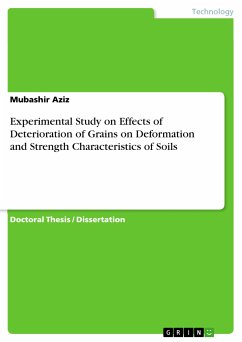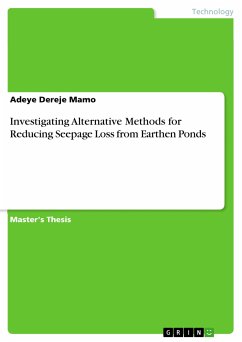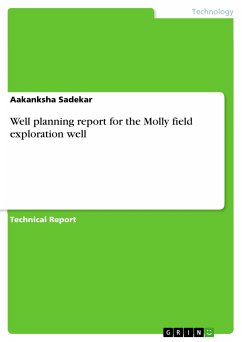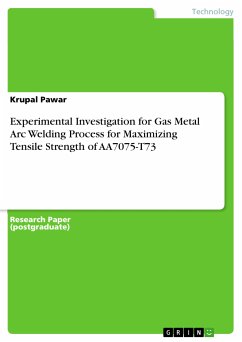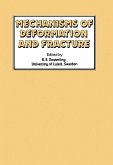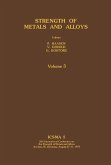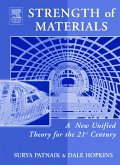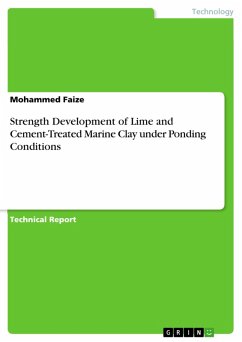Doctoral Thesis / Dissertation from the year 2010 in the subject Engineering - Geotechnology, , course: Civil Engineering, language: English, abstract: With growing infrastructure developments in hilly areas and due to economical constraints of using locally available rockfill materials for construction of embankments, practicing engineers must be acquainted with geotechnical response of non-conventional granular soils. These materials are most likely to disintegrate with time due to physical and chemical weathering. In general, the laboratory investigations on durability characteristics of such materials are only made through simple slaking tests. However, studies examining the effects of slaking-induced disintegration of soil grains on the geotechnical engineering analysis and design parameters are rather limited. This is essentially due to the reason that the grains of standard laboratory sands are mostly durable and hence, the stress-strain response is considered to be unaffected by the presence of water. In order to explore the possible effects of deterioration of soil grains on static and dynamic properties of granular soils, a series of consolidated drained torsional shear tests on various crushed soft rocks were performed under saturated and dry conditions and compared with a well reported Toyoura silica sand consisting of durable grains. Due to the sensitivity of crushed rockfill to deteriorate upon water-submergence, test under dry conditions represented the response of a soil with intact grains, whereas a similar test under saturated condition simulated the potential reduction in strength and stiffness of the soil with time. From the grain size distributions determined after each test, a degradation index was defined to quantify the degree of disintegration of grains. Strength and deformation properties determined from monotonic as well as cyclic shear tests were then compared with this index. Possible correlations of water-induced deterioration of soil grains with consolidation behaviour, peak shear strengths, friction angles, dynamic shear stiffness, and volume-change characteristics during shearing were explored. In addition, the effects of confining stress and shear strain level on particle breakage were also investigated. It was concluded that time-dependent characterization of rockfill materials by monitoring the degree of deterioration can be helpful to avoid catastrophic geotechnical failures. Nonetheless, this study is a caution to conventional soil mechanics in which decay of grains and loss of soil strength with time are often uncared.
Dieser Download kann aus rechtlichen Gründen nur mit Rechnungsadresse in A, B, BG, CY, CZ, D, DK, EW, E, FIN, F, GR, HR, H, IRL, I, LT, L, LR, M, NL, PL, P, R, S, SLO, SK ausgeliefert werden.

